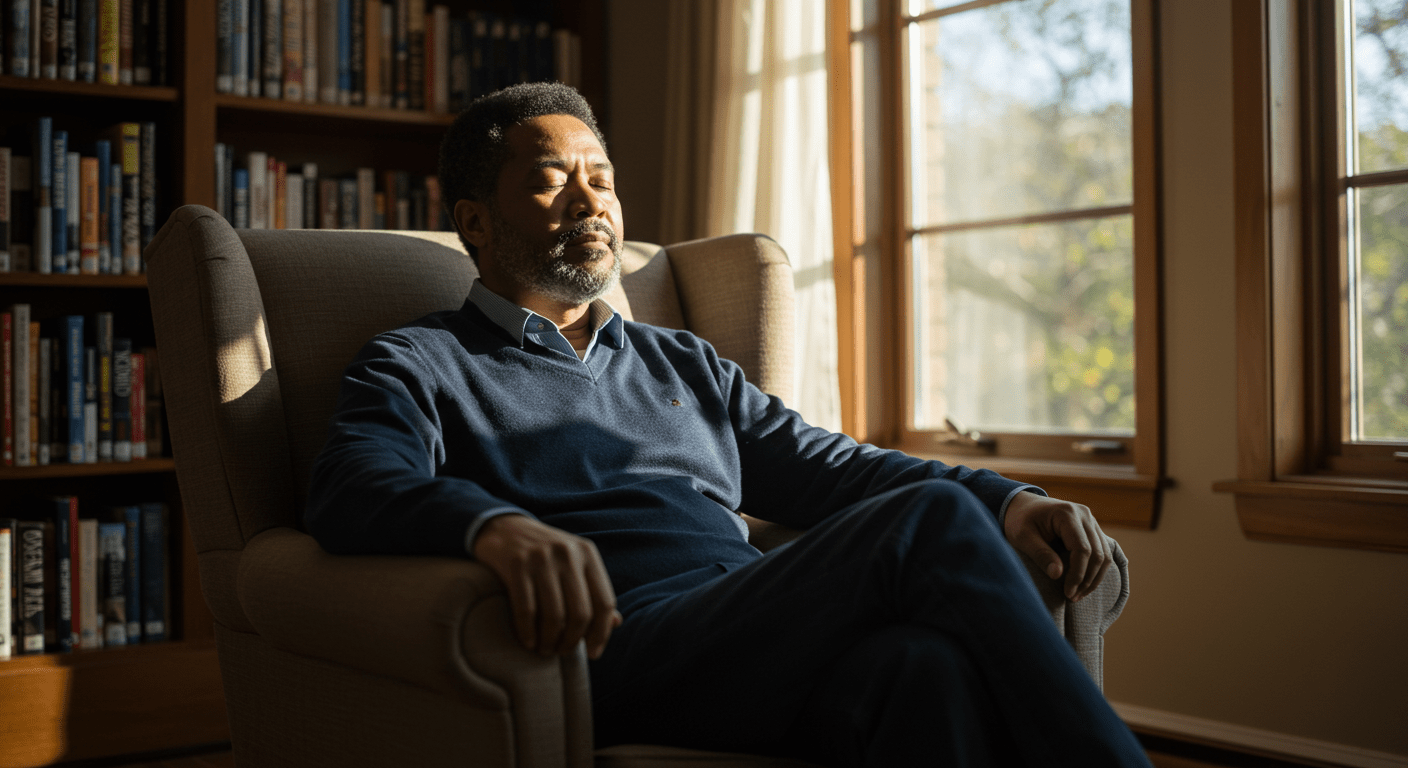Understanding the Connection Between Chronic Pain and Mental Health
Chronic pain can create a feedback loop with mental health, where pain increases stress, which in turn exacerbates pain. This cycle can lead to increased feelings of anxiety and depression. Breaking this cycle requires a multifaceted approach addressing both the physical sensations of pain and the psychological responses to them.


